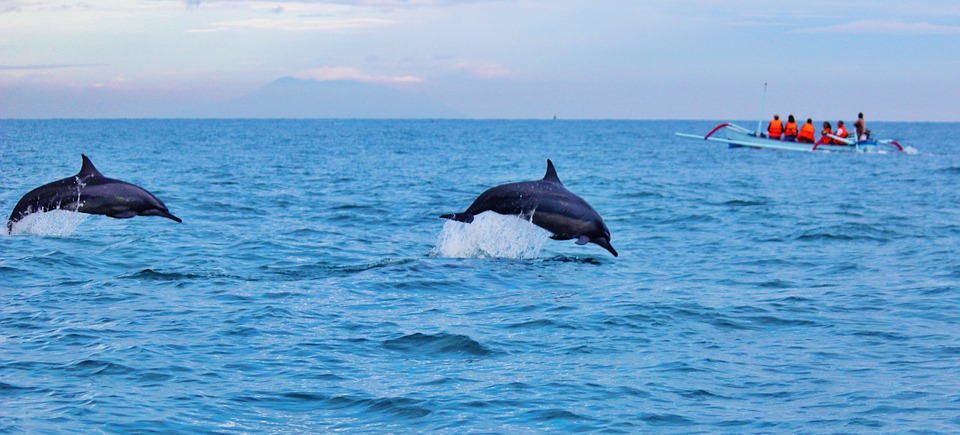World Oceans Day: Celebrating the most diverse ecosystem on Earth
Tomorrow, June 8, the world unites to celebrate World Oceans Day (WOD). The purpose of the day is to draw public awareness to the impact of human actions on the ocean. The aim is to develop a worldwide movement of citizens to mobilize and unite efforts for the sustainable management of the world’s oceans.
Canada initially proposed the concept to the United Nations (UN) in 1992. Since its inception in 2008, the United Nations World Oceans Day remains an annual event recognized around the world. This year’s theme, “The Ocean: Life and Livelihoods” will focus on those two elements that the ocean sustains.
Due to Covid-19, for the second year in a row, the event will be celebrated in a virtual format, making it accessible to anyone, anywhere with internet connectivity.
Participants in the virtual event, between 10am-5pm, will have the opportunity to hear from leaders, celebrities, community voices, cross-industry experts, entrepreneurs and institutional partners. It is an occasion to raise awareness about the biodiversity and economic benefits of a healthy ocean biome.
Oceans cover 70% of the Earth’s surface. They are a source of life for the entire planet. They provide sustenance for humanity and support every other plant, animal and organism on earth. Furthermore, the ocean produces at least 50% of the planet’s oxygen.
As the ocean is home to most of the world’s biodiversity, it provides a main source of protein for billions of people around the globe.
It is estimated that more than three billion people rely on the ocean for their livelihoods with a vast majority in developing countries. Many countries rely on ocean-based industries like fisheries and tourism as key sources of income and jobs. Expansion in these types of sectors without sufficient consideration for ecological and social sustainability creates lower paying jobs and leads to environmental degradation.
Canada is bordered on three sides by oceans – Pacific, Artic and Atlantic. All three have a big impact on Canada’s “blue” economy. They are a vital resource for ocean-based sectors such as commercial fishing, aquaculture, seafood processing, marine shipping, ship building and coastal tourism.
Additionally, new activities driven by innovative developments and cutting-edge technologies advance growth of the ocean economy by ways of offshore energy, marine biotechnology and seabed mining. In 2016, together, these sectors contributed 1.6% to total national employment and gross domestic product (GDP). Essentially, that translates to nearly 300,000 jobs and $31.7 billion in GDP.
The effects of climate change and ocean pollution to one side, the extinction of nearly 90% of the large fish stock are gone due to overfishing, according to the 2010 Census of Marine Life. Even the depletion of nearly half of all coral reefs can be traced to humans. All living organisms are interconnected and the delicate balance is threatened, primarily because the human race is exploiting the oceans’ biodiversity faster than it can be replenished.
It seems difficult not to conclude that the importance of oceans appear indispensable to our survival. It is then crucial that we understand the role oceans play in our lives and coordinate measures to protect and conserve its valued resources for future generations.
Click here to learn more: https://unworldoceansday.org/un-world-oceans-day-2021/




